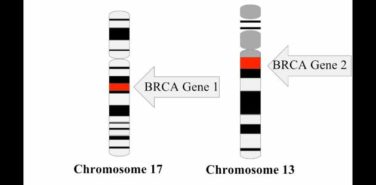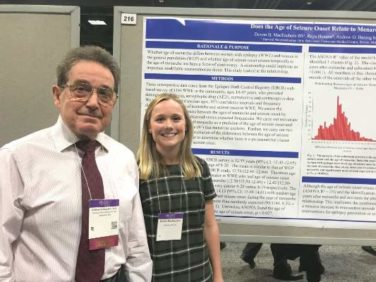FROM THE JOURNAL OF CLINICAL ONCOLOGY
The multikinase inhibitor cabozantinib did not significantly improve overall survival, compared with prednisone in men with previously treated metastatic castration-resistant prostate cancer, reported investigators in the phase III COMET-1 trial.
Among 1,028 men with metastatic castration-resistant prostate cancer (mCRPC) median overall survival was 11.0 months for 682 patients randomly assigned to cabozantinib (Cabometyx), compared with 9.8 months for patients assigned to prednisone, a difference that was not statistically significant, reported Matthew Smith , MD, PhD, of Massachusetts General Hospital in Boston, and his colleagues.
Cabozantinib was, however, associated with significant improvements over prednisone in bone scan response (BSR) at 12 weeks, radiographic progression-free survival (rPFS), and in effects on circulating tumor cells (CTCs), bone biomarkers, and symptomatic skeletal events (SSE), but not prostate-specific antigen (PSA)-related outcomes, the investigators reported (J Clin Oncol. 2016 Jul 11. doi: 10.1200/JCO.2015.65.5597).
“The biologic activities of cabozantinib are diverse, with bone effects, direct effects on cancer cells, and anti-angiogenic effects being demonstrated in preclinical models. It could be argued that the observed changes in BSR, bone biomarkers, and SSEs in our study are consistent with biologic effects in bone and bone metastases, and the improvements in CTCs suggest a direct antitumor effect, although the lack of improvement in PSA outcomes argues against such an effect,” they wrote.
Cabozantinib is an oral inhibitor of tyrosine kinases believed to be important factors in prostate cancer development and progression, including MET and vascular endothelial growth factor (VEGF) receptor 2.
In a phase II randomized discontinuation trial in men with mCRPC, cabozantinib was associated with reductions in soft tissue lesions, improvement in PFS, resolution of bone scans, and reductions in markers of bone turnover, pain, and use of narcotics.
To see whether the promising clinical activity observed in earlier studies could be sustained, the investigators conducted a phase III study comparing cabozantinib with prednisone in men with mCRPC who had experienced bone metastases and disease progression after therapy with docetaxel and abiraterone acetate and/or enzalutamide.
Patients were randomly assigned on a 2:1 basis to cabozantinib 60 mg once daily or prednisone 5 mg twice daily.
As noted before, there was no difference in overall survival, the primary endpoint, between the treatment groups, but BSR at 12 weeks was superior with cabozantinib, occurring in 42% vs. 3% of patients on prednisone (P less than .001). Radiographic PFS was also better with cabozantinib, at 5.6 vs. 2.8 months (hazard ratio, 0.48; P less than .001).
More patients on cabozantinib experienced grade 3 or greater adverse events (71% vs. 56%) and nearly three times as many patients discontinued the assigned drug because of adverse events (33% vs, 12%, respectively).
The study was supported by Exelixis. Dr. Smith disclosed a consulting/advisory role for Exelixis, and several coauthors reported research funding from the company. Dr. Alumkal and Dr. Beer disclosed research funding and/or consulting with various companies, not including Exelixis.





